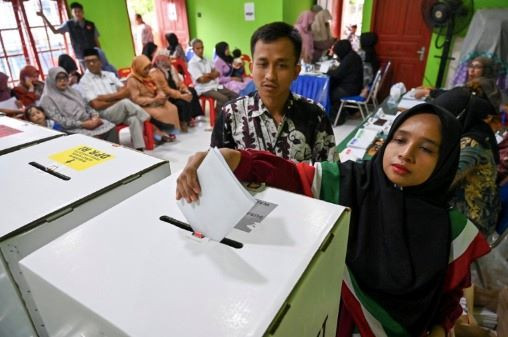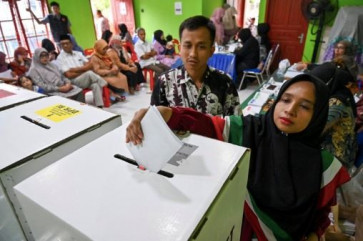Popular Reads
Top Results
Can't find what you're looking for?
View all search resultsPopular Reads
Top Results
Can't find what you're looking for?
View all search resultsA strong democracy will advance innovation-driven entrepreneurship
In many developing countries, where poverty is widespread and education is limited, people often lack the critical thinking skills and resources necessary for meaningful participation, leaving citizens vulnerable to manipulation by elites who leverage power and wealth to maintain control.
Change text size
Gift Premium Articles
to Anyone
D
emocracy is widely considered the ideal system for promoting fairness, accountability and shared power. However, democratic principles face challenges in societies where basic needs such as food, education and security remain unmet. Historically, people have gravitated toward strong, centralized leadership, as seen in early human societies and echoed by philosophers like Socrates and Plato.
Plato’s concept of the “philosopher-king” reflected his belief that only those with wisdom and virtue should lead, and he feared that democracy could devolve into mob rule, where leaders are chosen based on popularity rather than competence.
As societies grapple with modern governance complexities, this raises essential questions: Are humans inclined toward democracy, or is it an adaptive response? Understanding this requires examining the foundational needs for democratic participation and how power dynamics shape governance.
For democracy to thrive, citizens must have access to education, economic stability and unbiased information. In many developing countries, where poverty is widespread and education is limited, people often lack the critical thinking skills and resources necessary for meaningful participation, leaving citizens vulnerable to manipulation by elites who leverage power and wealth to maintain control.
In such environments, democracy can become a tool for oligarchs and influential families, using populist rhetoric to gain favor without substantive improvements. This undermines democratic ideals by allowing a select few to shape the political landscape. Without sufficient education and resources, citizens may struggle to understand complex policy issues, making it easier for elites to influence public opinion through short-term promises.
The absence of comprehensive voter education means elections may reinforce the status quo rather than facilitate genuine representation. Addressing these gaps is crucial for fostering a robust democratic system that empowers rather than controls its citizens.
Some emerging democracies adopt temporary centralized governance models to focus on infrastructure and social services as a way to prepare citizens for future democratic engagement. However, deferring democracy indefinitely poses risks. Leaders may justify centralized power in the name of stability, but over time this can entrench authoritarianism.



















